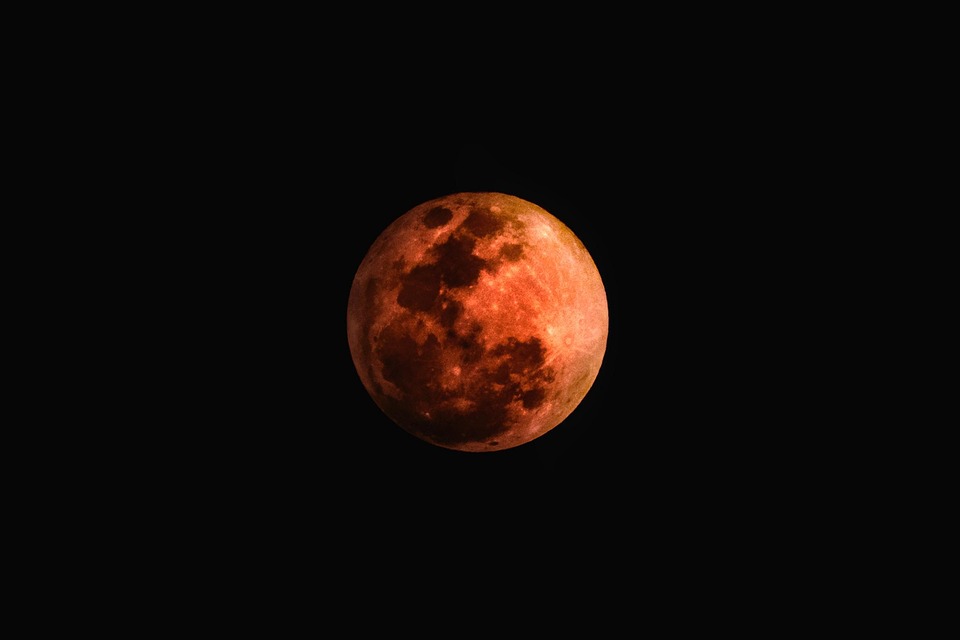Solar eclipses have long been a source of fascination and mystique, captivating the imagination of cultures around the world. These rare and awe-inspiring events have been interpreted in various ways throughout history, often bringing people together in a shared experience of wonder and reverence. As we delve into the realm of solar eclipse rituals, we uncover a rich tapestry of symbolism, mythology, and spiritual practices that have been woven into the fabric of human culture.
Ancient Origins: Unveiling the Mystique of Solar Eclipses
In ancient times, solar eclipses were often seen as omens or harbingers of significant events, sometimes interpreted as a sign of impending doom or disaster. However, many cultures also viewed these events as opportunities for spiritual growth, renewal, and transformation. The ancient Chinese, for example, believed that solar eclipses were a time when the dragon swallowed the sun, while the Vikings saw it as a sign of the wolf Fenrir breaking free from its bonds. These mythological interpretations not only reflected the awe and fear inspired by solar eclipses but also underscored their significance in the cultural and spiritual narratives of ancient civilizations.
Rituals and Ceremonies: Harnessing the Energy of the Eclipse
Solar eclipse rituals vary widely across cultures, but many share a common thread – the desire to harness the energy and symbolism of the event to bring about positive change, healing, or spiritual growth. In some Native American cultures, solar eclipses are seen as a time for introspection and prayer, while in Hindu tradition, it is believed that the eclipse offers a rare opportunity to connect with the divine and seek spiritual enlightenment. Similarly, in ancient Greece, solar eclipses were associated with the goddess Artemis, and rituals were performed to appease her and restore balance to the natural world. These diverse rituals and ceremonies demonstrate the profound impact of solar eclipses on human spirituality and the quest for meaning and connection.
Symbols of Transformation: Decoding the Language of the Eclipse
Solar eclipses are often seen as symbols of transformation, renewal, and regeneration. The temporary darkness that falls during an eclipse can be interpreted as a metaphor for the unknown, the subconscious, or the collective unconscious. The sudden disappearance of the sun’s light can also represent the stripping away of illusions, the dissolution of old patterns, and the emergence of new perspectives. Furthermore, the eclipse can be seen as a reminder of the cyclical nature of life, where endings and beginnings are intertwined, and where death and rebirth are essential aspects of growth and transformation. By decoding the symbolic language of the eclipse, we can gain a deeper understanding of its role in shaping human consciousness and inspiring personal and collective evolution.
Modern Significance: Embracing the Eclipse as a Catalyst for Growth
In modern times, solar eclipses continue to captivate our imagination, inspiring a sense of wonder, awe, and curiosity. As we gaze upon the rare and breathtaking beauty of an eclipse, we are reminded of our place within the universe and the interconnectedness of all things. The eclipse can be seen as a catalyst for personal growth, encouraging us to let go of old patterns, embrace change, and embark on a journey of self-discovery and transformation. Whether we view the eclipse as a scientific phenomenon, a spiritual event, or a cultural spectacle, its significance extends beyond the momentary darkness, inviting us to tap into the deeper rhythms and mysteries of the universe.
Conclusion: Embracing the Mystique of the Solar Eclipse
As we explore the secrets and symbolism of solar eclipse rituals, we uncover a rich and complex tapestry of human experience, woven from threads of mythology, spirituality, and cultural heritage. The solar eclipse, in its rarity and majesty, offers a unique opportunity for introspection, growth, and connection, inviting us to step into the unknown, to confront our fears, and to emerge transformed. Whether we participate in ancient rituals or simply gaze upon the eclipse in wonder, we are reminded of the profound impact of these events on human consciousness and the enduring power of symbolism and myth to shape our understanding of the world and our place within it.


Leave a Reply